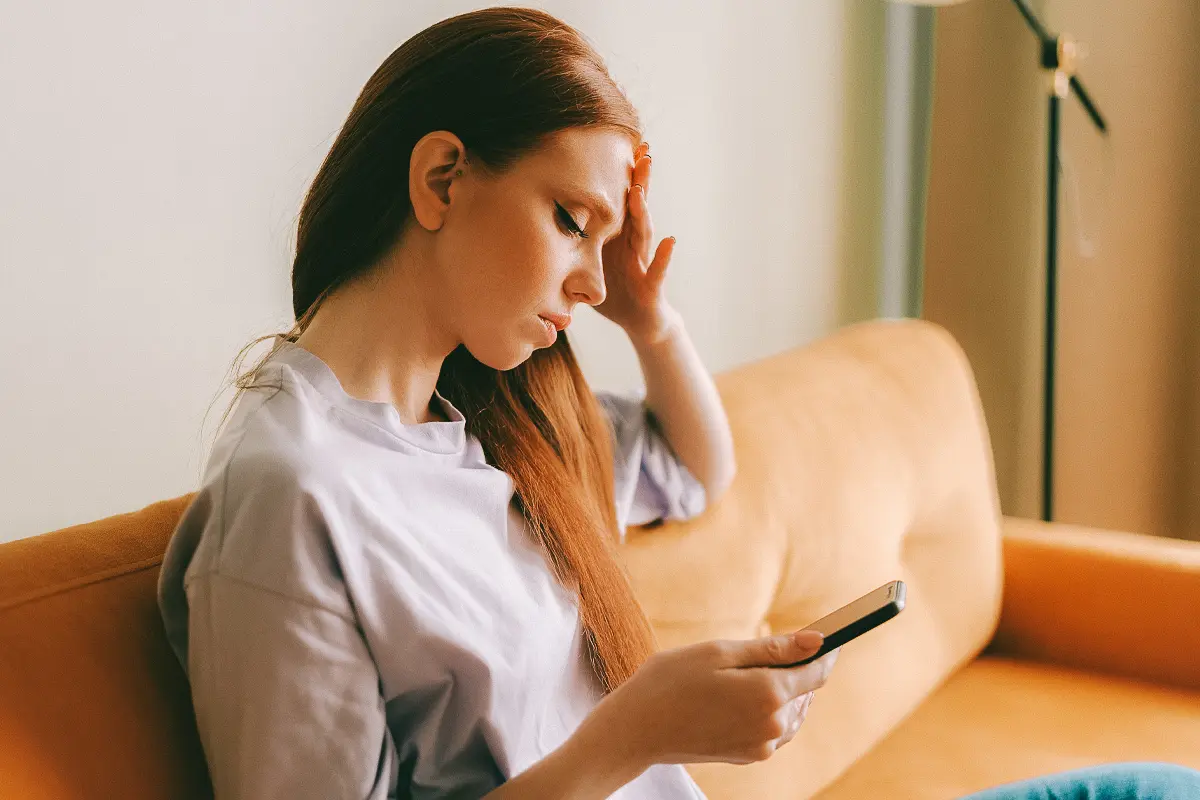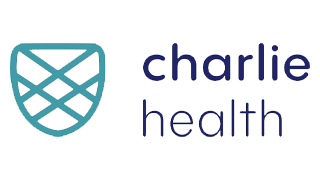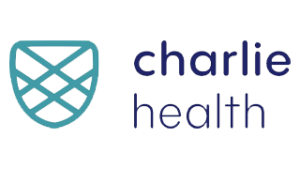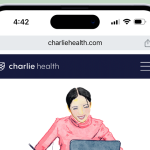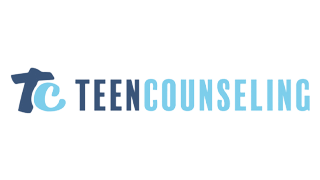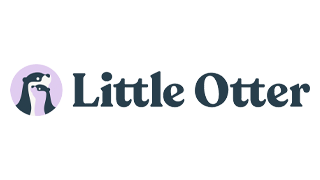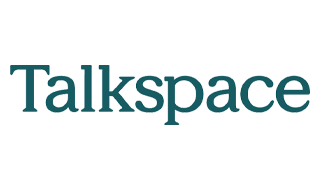Table of Contents
- Our Handbook Team spent over 10,000 hours researching online therapy platforms. We tested a number of brands to learn more about the user experience.
- We sent out surveys, held focus groups, and interviewed mental health experts.
- Our testers reviewed each platform for several factors, including affordability, availability of services, and types of therapy each offers.
- We examined what previous clients had to say about their experiences with Charlie Health, learned more about the platform’s cost and pay structure, and delved into what it’s like to attend a nine-to-12-week intensive outpatient therapy program.
- Learn more about how we tested Charlie Health.
Key takeaways
- Charlie Health is a platform for young adults looking to experience an intensive outpatient program they can do online.
- If you’re using insurance, your copay determines your out-of-pocket costs. For self-pay, costs can be in the $10,000 range for a program that lasts nine to 12 weeks.
- In addition to individual and group therapy, you can also make a family therapy appointment using the Charlie Health platform.
- Because the platform is an intensive outpatient program for young people in crisis or who are coming out of a residential or hospital setting, we can’t personally test it like we do other sites.
- Instead, we completed the intake form, interviewed a Charlie Health representative, contacted customer service, and researched the platform’s services.
According to the World Health Organization, 1 out of 7 people ages 10–19 has experienced a mental health disorder, such as teen depression. But many of those teens and adolescents don’t get the help they need. A number of obstacles can stand in the way of treatment, including the cost and accessibility of therapy. Charlie Health offers a virtual intensive outpatient program (IOP) through online therapy that is designed to provide a level of mental health care that falls between weekly therapy sessions and inpatient hospitalization. IOPs may include individual therapy, group therapy, and family therapy. They are also meant to be less disruptive to day-to-day life than residential treatment. The platform also accepts a large number of insurance providers. Although it’s not available nationwide, the company says it’s continuing to expand its services beyond its 36-state range.
Read our Charlie Health review to find out the type of treatment it provides, the cost of treatment, and whether this online therapy platform may be right for you, your teen, or your family. You can also read why we included them in our list of the best online therapy for teens.
Charlie Health highlights
What is Charlie Health?
Charlie Health is an online therapy platform for teens and young adults ages 11–34. Its IOP is completely online and includes individual and group therapy sessions. Program participants meet once a week with their therapist and three times a week in an online group setting. All of the meetings are held virtually via Zoom, allowing individuals to attend from their homes.
The virtual IOP lasts nine to 12 weeks, depending on the needs of each patient. In addition to individual and group therapy sessions, the program includes optional family meetings. Treatment is available for anxiety, depression, personality disorders, self-harm, substance use disorder, trauma, and a number of other mental health conditions. Therapists employ several therapy methods, from traditional methods like cognitive behavioral therapy (CBT) and dialectical behavior therapy (DBT) to creative methods like art, music, and drama therapy.
How does Charlie Health work?
When you decide to take part in a Charlie Health program, you start the process with a clinical evaluation. The staff assesses your needs or your child’s needs and finds out more about what you’re looking to get out of the program. The clinical team then creates a personalized care plan with recommended individual and group therapy.
In addition to its group and individual therapy sessions, you can request family therapy meetings. Each virtual therapy session lasts 50 minutes and is conducted on Zoom.
Once you sign up for Charlie Health, you’ll have access to an app to help manage your account.
According to the Charlie Health site, here is a typical week’s schedule during the IOP:
Charlie Health is structure
A typical week of groups at Charlie Health is structured into three main sets for a total of 9-11 hours of sessions each week:
- Three 50-minute group sessions, three days per week, consisting of groups that focus on:
- Addressing your specific mental health issues
- Processing your thoughts and feelings with others in a group setting
- Experiential practices, which include creative arts (i.e. music, drawing) and contemplative practices (i.e. yoga, mindfulness)
- One 50-minute individual therapy session with a specialized primary therapist
- One 50-minute family therapy session
How to sign up for Charlie Health online therapy
Our testers say the sign-up process is intuitive and simple to complete. The initial form took them less than five minutes to fill out and submit before they received a message that said someone would reach out in a couple of hours. However, our tester received a text 10 minutes later.
Despite the initial speed of our interaction, when our tester requested a callback time, the call came hours later when the tester wasn’t available.
How to match with an online therapist
Charlie Health matches clients with an online therapist using the results of a more in-depth evaluation after you’ve created an account and completed the initial sign-up form. The evaluation also helps staff find a therapy group for the patient, grouping them with people close in age who are working through similar issues. Therapy groups include a therapist and four to six other patients. The small group setting allows for a more intimate feel than a large group setting would.
Unfortunately, Charlie Health’s website doesn’t have information on its mental health professionals. Our Handbook Team thinks it would be beneficial to be able to research the bios and therapy specialties of providers before committing to the program. If, for any reason, you feel like your therapist or your therapy group is not a good fit, you can reach out to customer service to request a change.
Individual live video sessions
Charlie Health conducts individual therapy sessions via Zoom. Patients attend one-on-one meetings with their therapist once per week. Previous clients say the opportunity to talk with a therapist individually was a crucial part of the IOP experience.
Family therapy sessions
Patients have the opportunity to include family therapy sessions as a part of their treatment plan. During the evaluation process, the clinical staff will assess whether adding time to meet as a family is beneficial for the patient’s mental health journey. Other patients who have taken part in family therapy sessions say they were helpful.
Group therapy sessions
Group therapy sessions are an integral part of Charlie Health’s intensive outpatient program. Each patient is placed in a group of four to six patients with similar issues and in the same age range. A therapist oversees each group and helps guide the participants through the session and the curriculum. The group is intended to provide a sense of community and help patients feel supported.
Psychiatry
Charlie Health does not offer psychiatry as part of its IOP. But if you are considering mental health medication for yourself or your child, you can request a referral to a psychiatrist, depending on your state of residence. Psychiatric clinicians that you may be referred to are unaffiliated with Charlie Health.
Psychiatry sessions are billed separately, but you may be able to use your insurance if your plan provides coverage.
What other users are saying
Charlie Health focuses on serving teenagers and young adults ages 11–34, providing support and resources to help them successfully manage their mental health care needs. Many previous patients of the program talk about the feeling of solidarity they received from the group sessions and how they appreciated the many alumni events that foster a sense of community. Research shows that there’s a link between loneliness and some mental health issues. Charlie Health tries to help those struggling feel less alone.
How much does Charlie Health cost?
One of the benefits of the Charlie Health platform is that it accepts insurance from over 300 providers, unlike some other online therapy platforms, like BetterHelp. But when it comes to self-pay, BetterHelp is more cost-effective, with monthly payments of $400 or less per month, depending on location.
Charlie Health’s program is expensive if you’re paying out of pocket. Costs can climb to $10,000 for a nine to 12 week program. Though it may seem pricey, keep in mind that figure covers an intensive program that includes individual and group sessions and the option for family therapy over the course of nine to 12 weeks.
Is Charlie Health covered by insurance?
Charlie Health is in-network with many major insurance companies in 36 states nationwide. It also accepts Medicaid.
How to save money on Charlie Health
If you are using insurance, your costs for Charlie Health will depend on your plan and copays.
If you’re paying without insurance and cost is an issue, you can complete a financial hardship waiver. If accepted, you may receive a discount. There’s also a self-pay discount when you pay your bill in full.
Our experience with Charlie Health customer service
When our Handbook Team reached out to customer service, we had a great experience. The agent we spoke to was knowledgeable, patient, and happy to answer questions. We appreciate being able to call and get an actual person on the other end of the line.
The downside is that making a call or sending an email are the only ways to reach out to customer service. The company doesn’t offer a texting or online chat option. Other platforms, like Talkspace and BetterHelp, do offer the ability to reach out in those additional convenient ways.
Our Charlie Health testing experience
Our Handbook Team has spent over 10,000 hours researching online therapy and psychiatry platforms, and user experiences. After reviewing information on more than 70 platforms, we personally tested 26 of the most popular platforms to learn what the experience would be for a customer using them. We have also surveyed over 2,000 online therapy and psychiatry users and conducted focus group interviews with users to learn more about their thoughts on what the service offers. The Handbook Team also seeks out professional advice, consulting mental health experts in relevant fields. The goal is to provide you with a thorough, insightful look at what it’s like to use the online therapy platform that we’re reviewing.
We examined the type of therapy Charlie Health offers and how it compares to similar platforms. We researched the type of care it offers and who it might be best for and who it is not recommended for. We factored in the platform’s insurance acceptance and overall costs, as well as where it is currently available.
While our testers could not go through an entire IOP as a user, they went through the intake process, got matched with a therapist, explored the platform, spoke with representatives at Charlie Health, and heard from real users about their experiences.
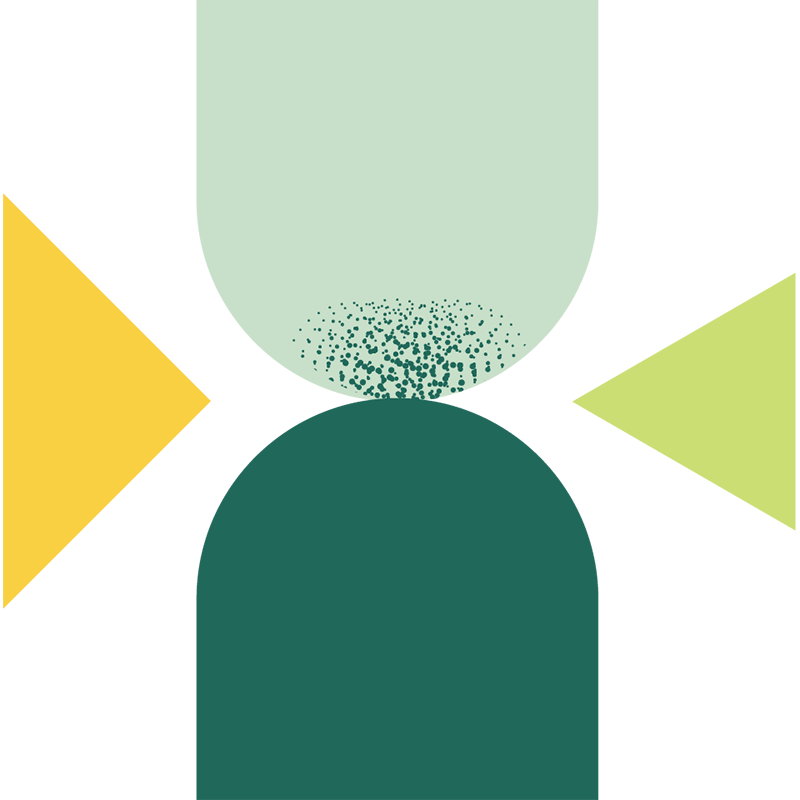

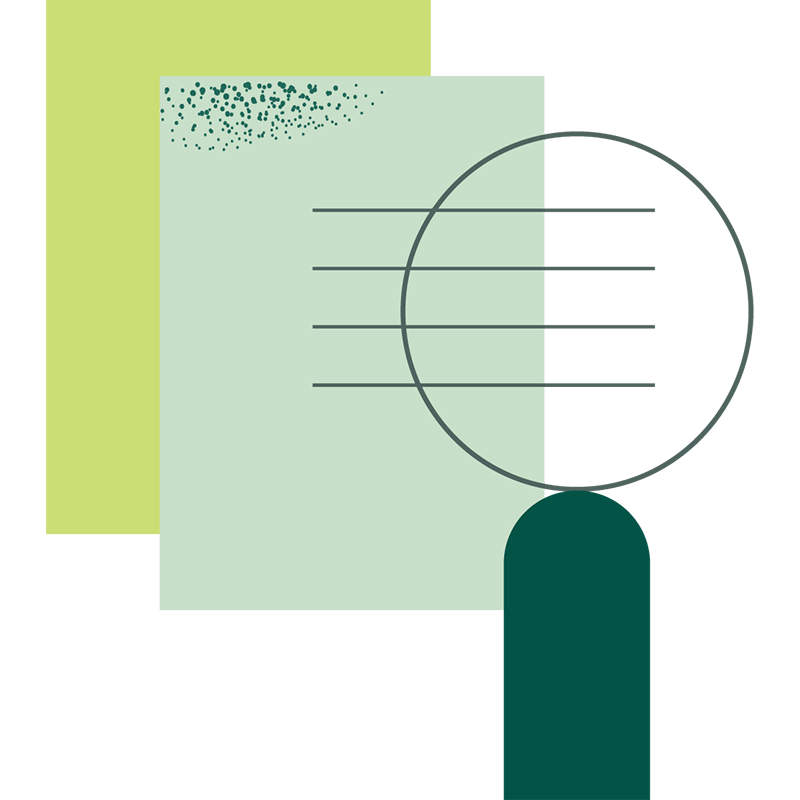



Compare Charlie Health
Charlie Health provides a unique therapy experience, relying heavily on group therapy sessions as a part of its intensive outpatient program. One-on-one therapy sessions are also a part of the IOP treatment plan, which lasts up to three months. You are paired with a therapist and also placed in your therapy group by clinical staff after an assessment. This practice removes the opportunity to initially review therapist profiles.
Other platforms, like Talkspace, offer more transparency with provider information and availability. On the plus side, Charlie Health accepts a wide variety of insurance plans, over 300, which is key in making its program more affordable, especially for teens and young adults.
| Monthly cost | Costs with insurance depend on copay. Self-pay costs up to $10,000 for the nine-to-12-week program. | $260–$360 per month | Costs with insurance depend on copay. Self-pay costs range from a free kickoff session to $525 for an assessment and feedback bundle. | Costs with insurance depend on copay. Self-pay costs range from $276–$436 per month. |
| Insurance accepted? | Yes | Yes | Yes | Yes |
| Services | Individual and group therapy for young adults and teens ages 11–34; family therapy | Individual therapy for teens ages 13–19 | Individual therapy for children 14 years and younger; couples counseling, family therapy, and psychiatry | Individual therapy for adults and teens ages 13–17; couples therapy; psychiatry |
Our final verdict
Charlie Health provides teens and young adults with a personalized intensive outpatient program designed to not only address their mental health issues but also provide a sense of community. Patients have one-on-one and group therapy sessions throughout a period of nine to 12 weeks. Individuals ages 11–34 who need more support between individual therapy sessions may benefit from this program.
Charlie Health accepts insurance and Medicaid. Without insurance, however, the program can be expensive. Charlie Health is also only available in 36 states. Another drawback is that users are assigned a therapist without the opportunity to choose their own, although it is possible to change therapists.
Because we couldn’t personally go through the IOP as a tester and there are few reviews online of the platform, potential users should consult with a mental health professional before engaging with this platform to decide if its virtual setting is right for them.
Frequently asked questions
Charlie Health is a reliable source of group, individual, and family therapy sessions. It offers an intensive outreach program for its patients.
Presently, Charlie Health is available in 36 states. The company is actively working to expand its services to additional locations.
Charlie Health is an online therapy provider for teens and young adults ages 11–34. The online platform provides an intensive outreach program comprised of group, individual, and family therapy sessions.


